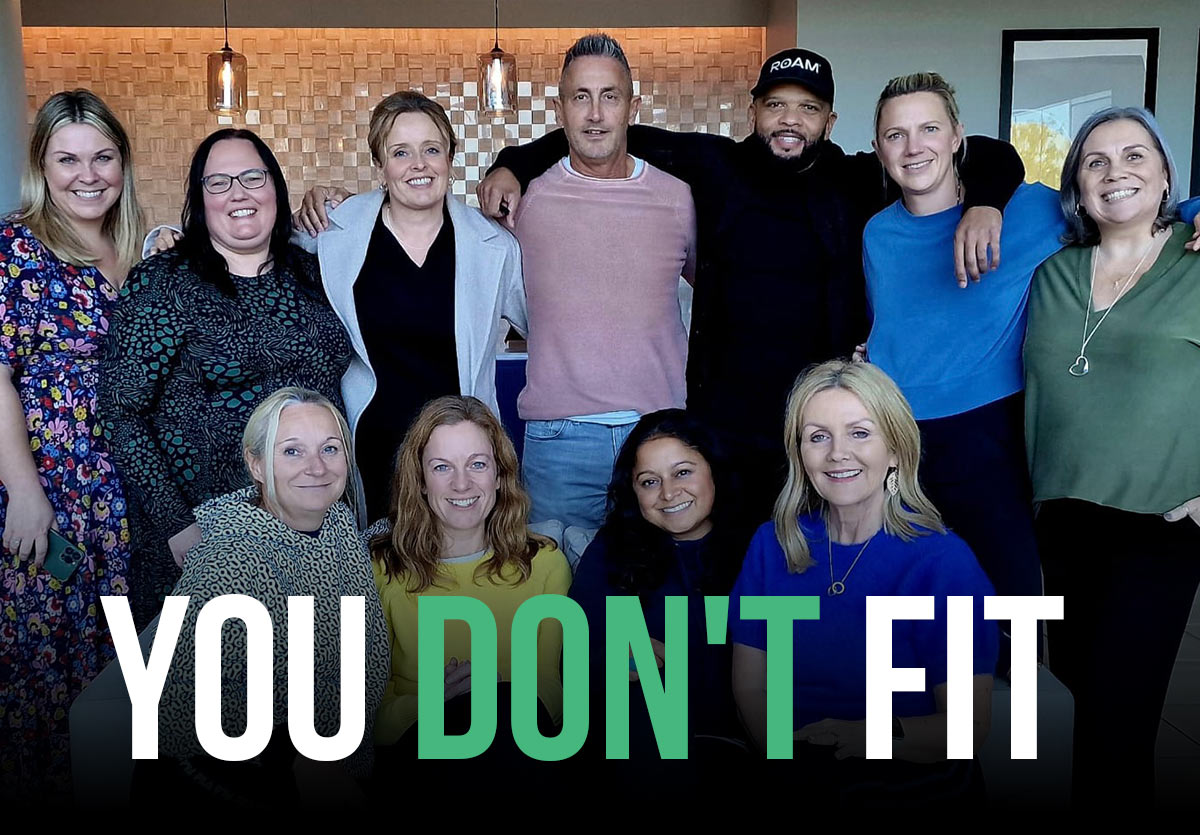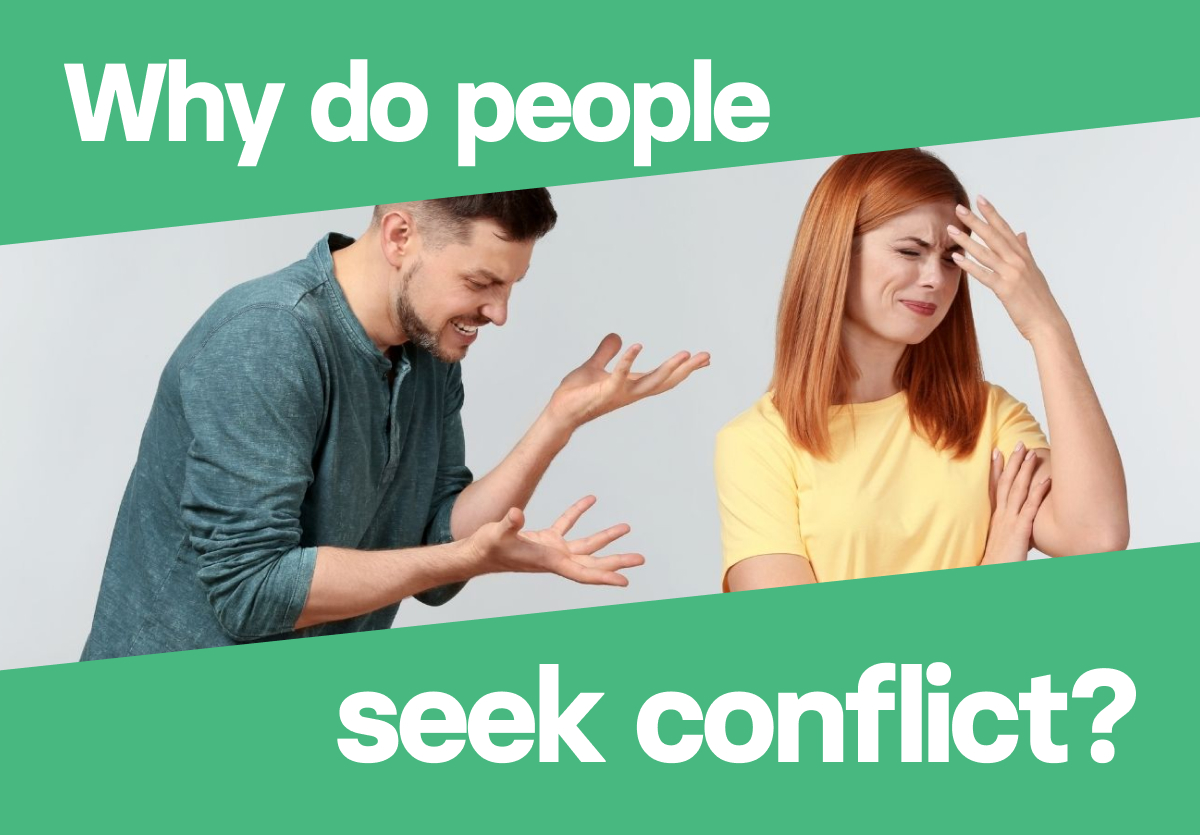Meet Cooper..my dog.
He is desperate to get into next door’s garden but he doesn’t fit through the hedgehog hole.
He looks pretty sad about it as you can see.
And then he gets frustrated.
It’s not dissimilar to what I see happening with people.
When we try to fit into a place or social group where we don’t feel like we belong, it can have a significant impact on our self-value and levels of self-trust.
Self-value refers to our overall sense of self-worth and confidence, while self-trust is the belief in our own abilities, judgments, decisions and boundaries.
Attempting to fit in where we don’t feel a genuine connection erodes our self-value because it creates a constant sense of inadequacy and the fear of being rejected or judged.
We might start questioning our own worthiness and believe that there is something inherently wrong with us if we can’t effortlessly blend in.
This can lead to feelings of loneliness, anxiety, and even depression, as we continuously strive to meet the expectations of others instead of honoring our authentic selves.
In an attempt to cope with this mismatch between who we truly are and who we need to be to fit in, we might resort to wearing a mask or ‘pretending’ as we call it at Paseda360..
We put on a façade that aligns with what we believe others expect from us, rather than expressing our genuine thoughts, emotions, and values. This only exacerbates the problem.
Intuitive people, who possess a heightened ability to perceive and understand others, can often see through this mask. They can sense the incongruence between our true selves and the pretender.
Consequently, the fear of being exposed as an imposter intensifies, leading to even lower self-value and an increased sense of self-doubt.
This cycle of pretending in order to fit in while fearing that others can see through it creates a vicious cycle. It erodes our self-trust as we start doubting our authenticity and our ability to be accepted for who we genuinely are. We may become disconnected from our own intuition and inner guidance, relying more on external validation and losing touch with our own desires and aspirations. People pleasing, perfectionism and self-persecution are used even more.
To break free from this negative pattern, it is essential to prioritise self-acceptance and self-discovery. Recognising and embracing our unique qualities, strengths, and values can help rebuild our self-value.
By cultivating self-trust, we can learn to listen to our intuition and make choices that align with our authentic selves, even if it means standing apart from the crowd. Surrounding ourselves with supportive and accepting individuals who appreciate us for who we are can also contribute to healing and regaining confidence.
Ultimately, it is important to remember that true belonging comes from embracing our authentic selves, rather than trying to fit into places or groups that don’t align with our core values and identities.
At Paseda360 we are passionate about training coaches to unmask pretenders.
Join our next cohort to find out how.
As for Cooper, he still hasn’t learnt his lesson, and he attempts to fit through the hog hole every day!







